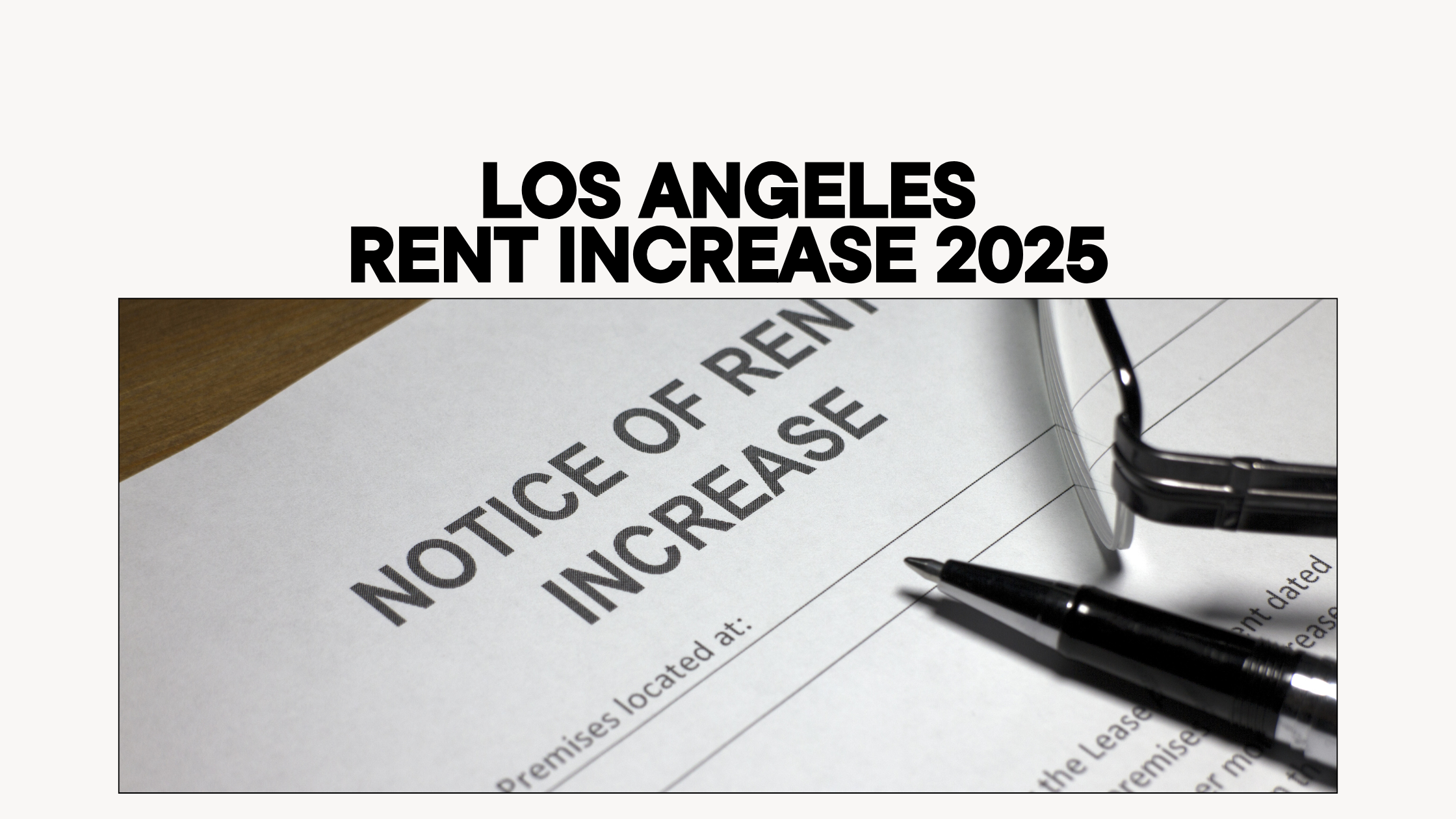LATEST IN THE LAW


Los Angeles Rent Increase 2025: New Limits for RSO Properties
October 2, 2025 0 Comment Category: Landlords and TenantsThe City of Los Angeles has officially set the rent adjustment limits for residential properties under the Rent Stabilization Ordinance (RSO) for the fiscal year beginning July 1, 2025 and ending June 30, 2026. This announcement is especially relevant to landlords who own properties built on or before October 1, 1978, located within city boundaries.
At Davidovich Stone Law Group, we help landlords stay current with housing regulations to avoid penalties and reduce risk. This update provides a reliable framework for those managing rent-controlled units—and it’s one that should be carefully implemented to stay in compliance with local and state law.
What is the RSO and Who Does it Apply To?
The Rent Stabilization Ordinance (RSO) applies to rental housing in Los Angeles built before October 1, 1978. This includes:
-
Apartments
-
Condominiums
-
Townhomes
-
Duplexes and triplexes
-
Some single-family homes under certain conditions
These units are subject to limits on how much rent can be raised annually and how often those increases may occur.
Rent Adjustment Limits for 2025–2026
The city has authorized the following rent adjustments for the 12-month period starting July 1, 2025:

For landlords who cover both electricity and gas, the total increase may go up to 5%. If only one utility is paid by the landlord, the maximum permitted increase is 4%.
Advance Notice Requirements
California state law requires that landlords give tenants at least 30 days’ written notice for any rent increase under 10%. This rule applies to all rental properties statewide, not just RSO units.
Failing to provide proper notice can invalidate the increase and may expose the landlord to legal challenges or penalties.
Key Points for Los Angeles Landlords
-
These rent adjustments are not automatic. Landlords must actively implement them through formal notices.
-
Notices should be dated, signed, and delivered in compliance with legal service methods (e.g., personal delivery, mail, or posting plus mail).
-
Make sure the total increase applied does not exceed the allowable cap, especially when adding utility-based adjustments.
Where to Access the Official Tool
Landlords can use the LAHD Rent Adjustment Calculator to determine the correct amount they may charge based on the unit’s rent and applicable utility adjustments.
Visit: LAHD Official Rent Increase Calculator
Legal Tips from Davidovich Stone Law Group
-
Keep detailed records of all notices sent, including copies and proof of service.
-
Never increase rent retroactively.
-
Communicate clearly with tenants and document all correspondence in writing.
-
If you’re unsure about how or when to apply an increase, speak with an attorney experienced in RSO compliance.
We work with landlords across Los Angeles to draft compliant rent increase notices and interpret RSO rules as they evolve.
Rent Increase FAQs
Does this rent increase apply to all properties in Los Angeles?
No. It only applies to properties subject to the Rent Stabilization Ordinance—typically those built before October 1, 1978.
Can landlords raise rent by more than 5%?
Only under special conditions. For standard rent-controlled units, 5% is the cap if both gas and electricity are paid by the landlord. Higher increases require additional justification or approvals.
What if I don’t raise rent this year—can I “catch up” later?
No. Los Angeles RSO does not allow banking of unused rent increases. If you skip an increase this year, you cannot apply it retroactively in the future.
How much notice do I need to give my tenant?
At least 30 days for increases under 10%. If the increase were over 10% (which is rare under RSO), 90 days’ notice would be required.
Do I have to prove I pay for utilities?
If you’re adding utility-based increases, it’s important to retain billing records. Tenants have a right to request verification if their rent is increased on this basis.
What happens if I raise rent incorrectly?
Incorrect or non-compliant increases can be challenged by tenants and may result in rent rollbacks, fines, or legal action.
Why It Pays to Stay Compliant
With rent control rules subject to change and enforcement increasing, a small mistake can become a larger legal issue. Adhering closely to published guidelines helps minimize disputes and protects your investment.
If you have any questions about how these new adjustments apply to your properties—or if you need help issuing notices or revising your lease terms—Davidovich Stone Law Group is available to assist.


leave A comment